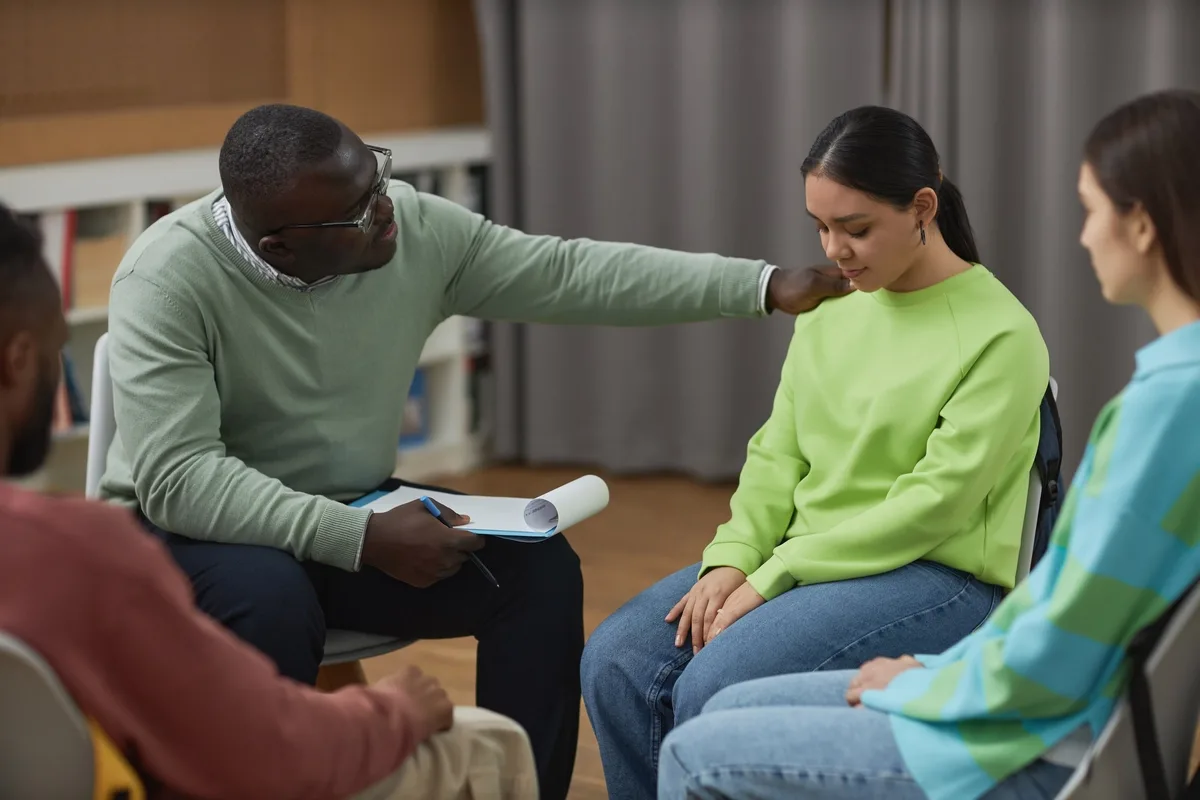24/7 Helpline:
(866) 899-221924/7 Helpline:
(866) 899-2219
Learn more about PTSD Treatment centers in Pfafftown
PTSD Treatment in Other Cities

Other Insurance Options

State Farm

Cigna

Premera

Anthem

Ceridian

Molina Healthcare

Multiplan

EmblemHealth

Kaiser Permanente

Self-pay options

Magellan

Sutter

Regence

Horizon Healthcare Service

Private insurance

CareSource

Choice Care Network

Optima

Humana

ComPsych















